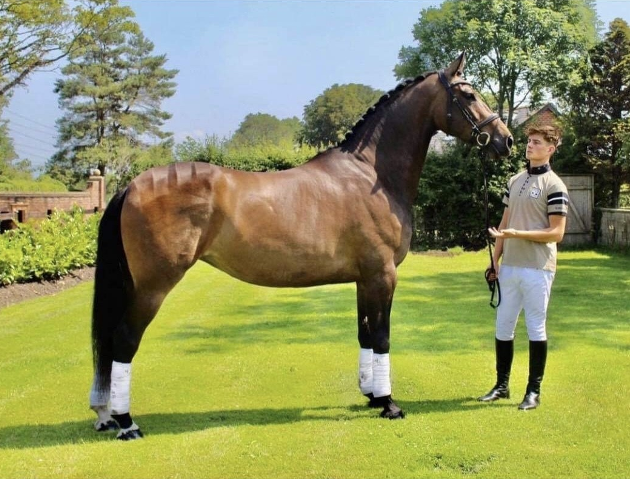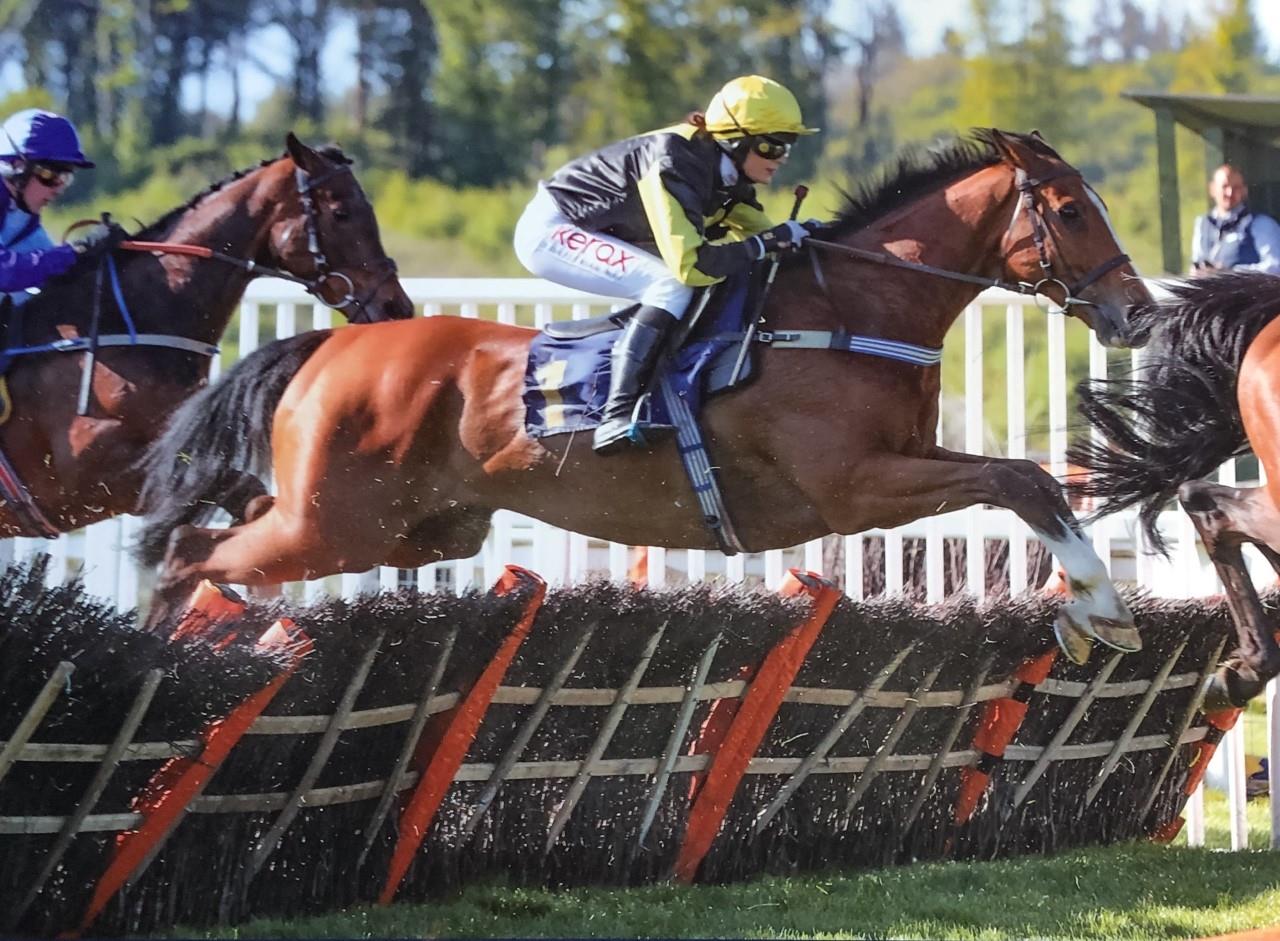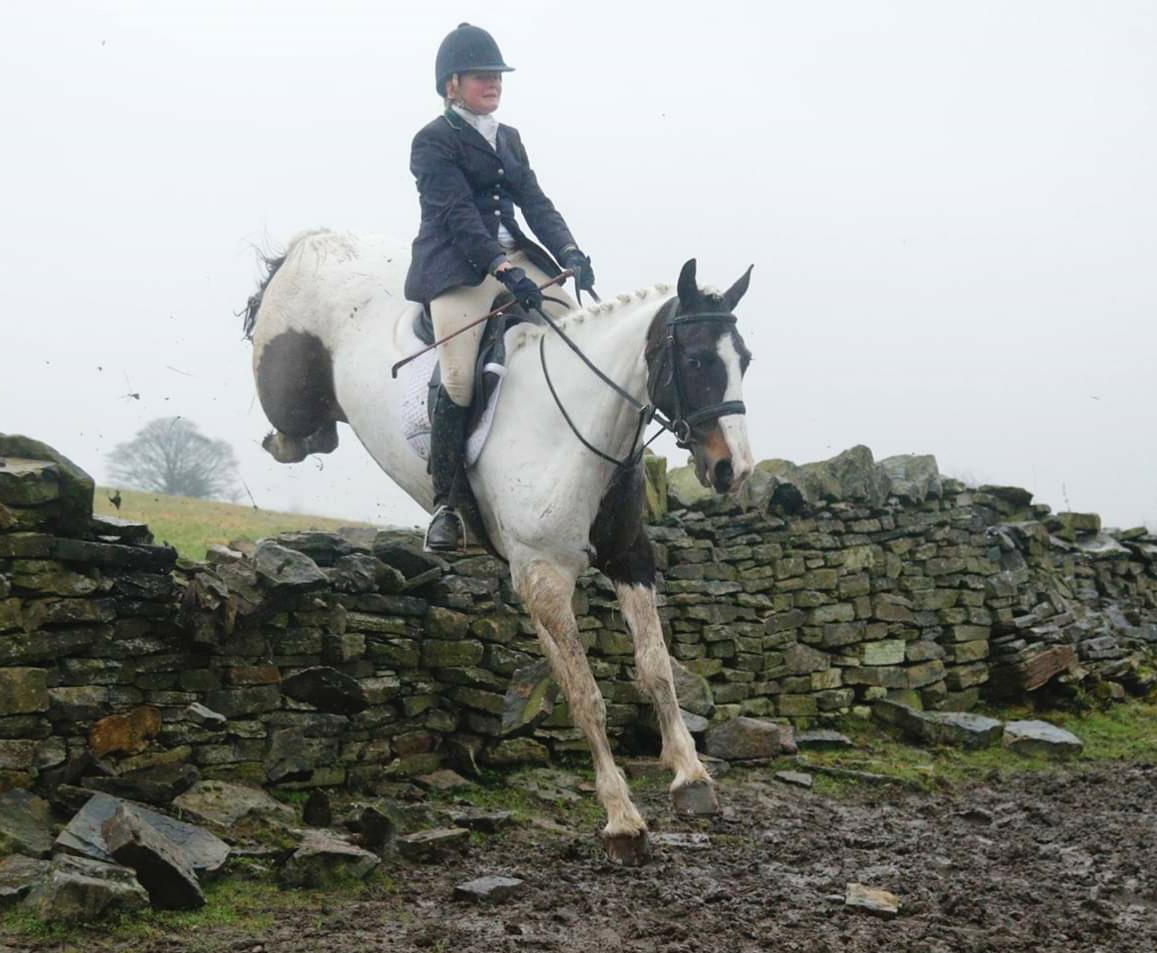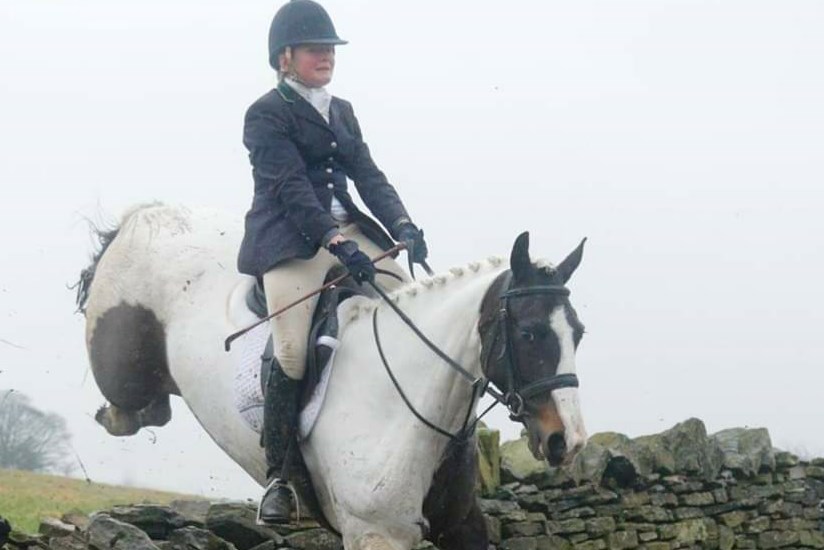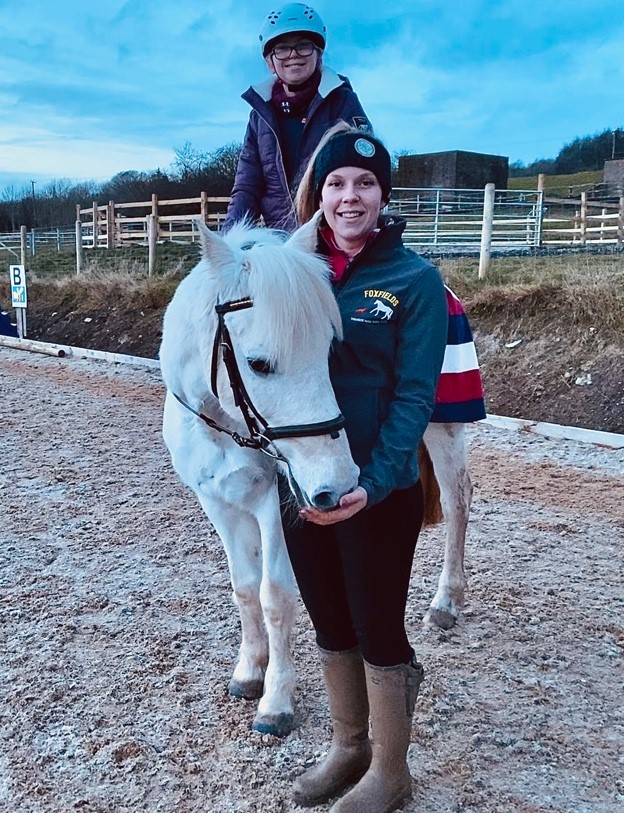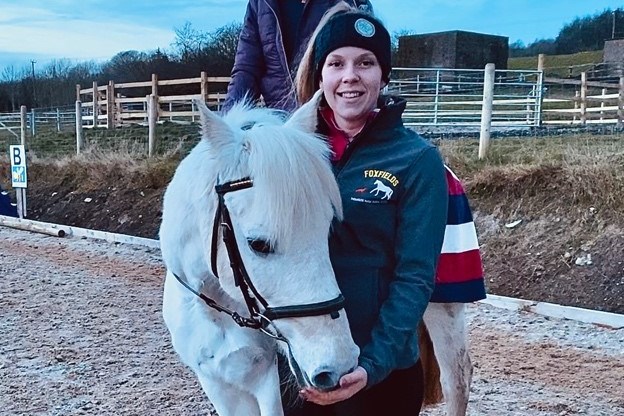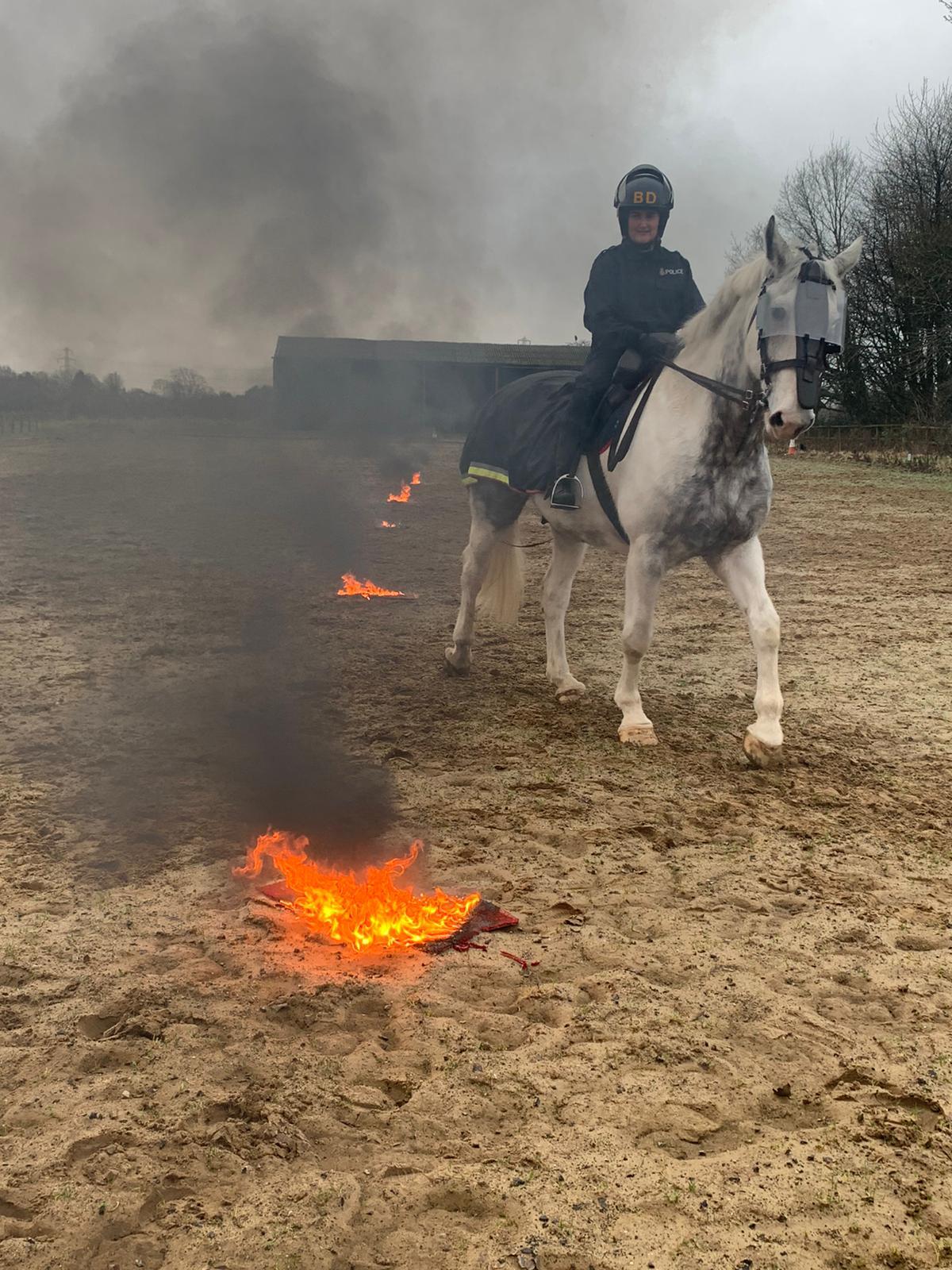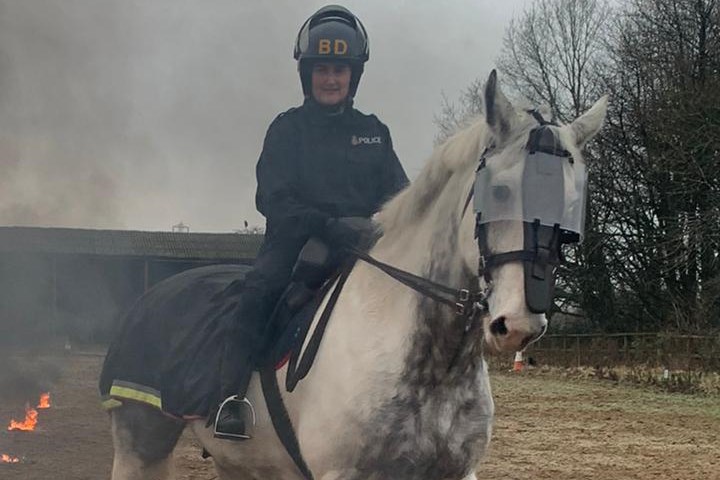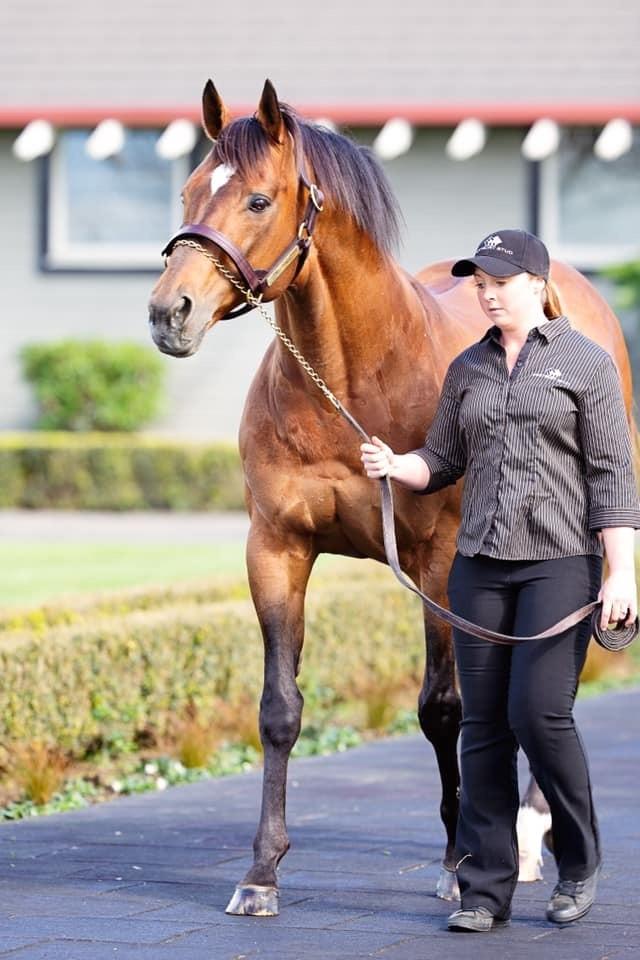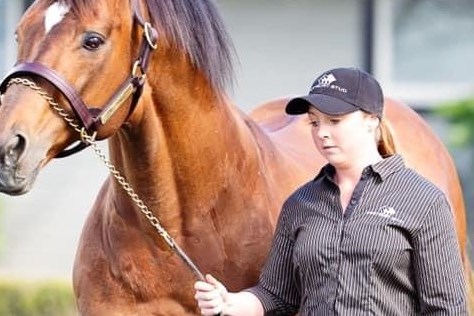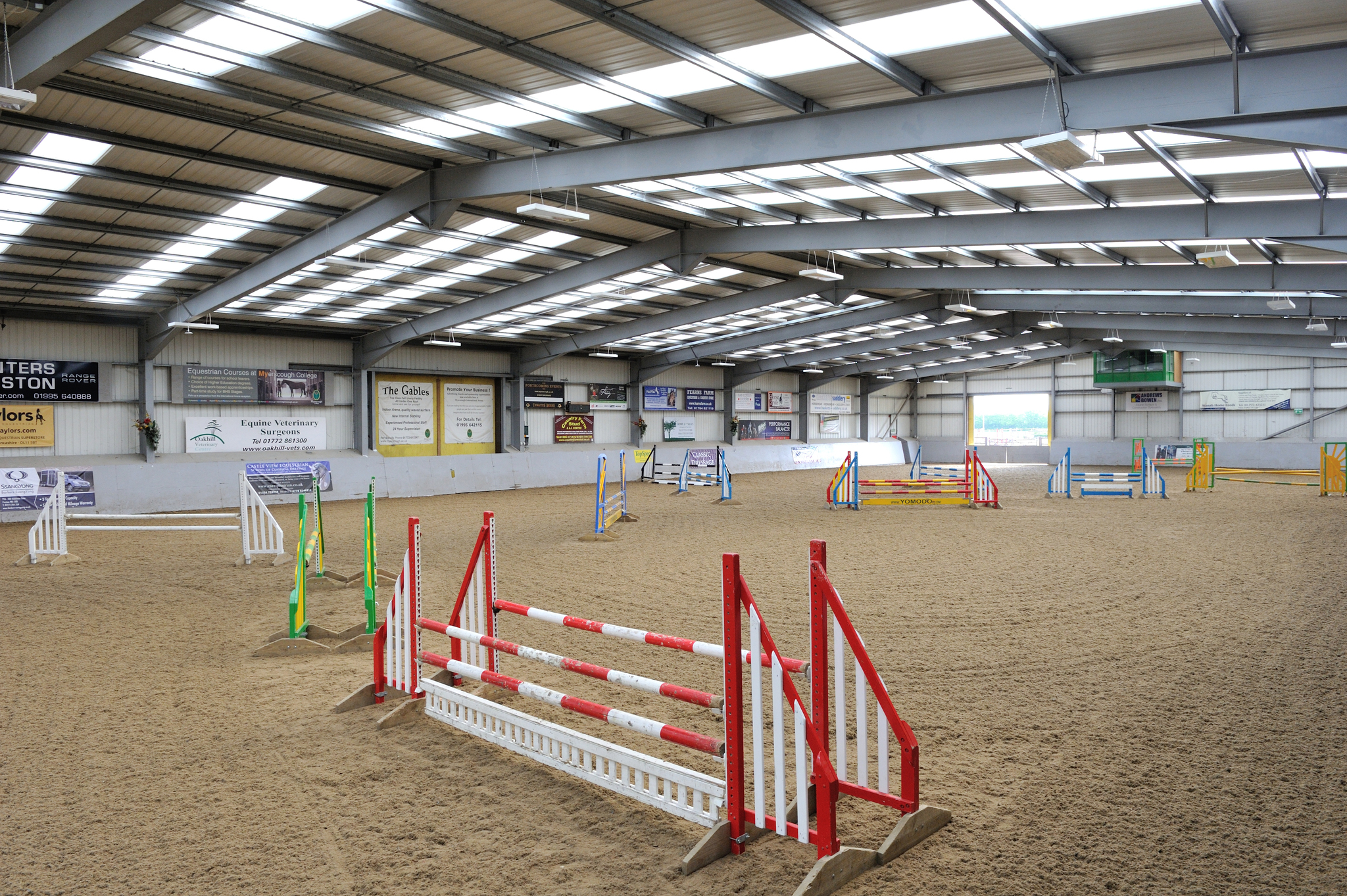Course modules
Year 1
Animal Anatomy and Physiology
The module aims to enable the students to describe the natural anatomical and physiological mechanisms that control behaviour, reproduction and defence against disease and impact on an animal’s welfare.
Animal Health and Nutrition
The module will discuss the aetiology of diseases and associated characteristics. The module will develop plans for animal health enhancement and disease control strategies and introduce the concept of pharmacological control. This module also aims to explore the biological and biochemical principles which underpin animal nutrition and further develop scientific knowledge as a basis for the continuing acquisition of information. The module will develop a critical interest in current applied research in animal health and nutrition and how this may be applied to practical animal feeding management and production with due consideration to commercial, health, environmental and welfare factors.
Introduction to Animal Welfare
This module aims to introduce learners to the field of animal welfare. Current welfare guidelines and policy will be explored in order to develop an appreciation of how welfare principles apply to different aspects of the animal industry. Ethical principles will also be debated and discussed in relation to animal welfare and how these could be applied throughout the course.
Animal Behaviour and Training Effects and Influence of Animal Behaviour
This module aims to develop a practical appreciation of the natural behaviour patterns of animals considering environmental effects. Alongside understanding the principles of species and breed specific factors affecting the animals’ behaviour, this module will examine how these can be adapted as part of a training regime to meet the complex and varied roles demanded of animals. The module will outline the biological principles of animal behaviour and develop an appreciation of current animal behaviour issues. Current applied research will be used to develop scientific knowledge in animal behaviour and will allow students to apply this knowledge to the diverse roles of animals in society and the role of the animal caretaker in forming behavioural responses in the animal.
Practical and Professional Skills
A module designed to enable students to maximise their performance both on the course and in the industry to kick start a strong degree and excellent career in the sector. You will gain first-hand experience using a relevant industry environment to develop academic, practical and technical skills. You will record and reflect on their own personal development during the module. The module is fundamental to the ethos of foundation degrees in providing engagement in a professional environment and should inspire students through study on the ‘Industry Project’ module at level 5.
Animal Husbandry
This module aims to develop a practical appreciation of the natural behaviour patterns of captive animals considering environmental effects of housing, handling and management practices. Students will engage in a range of practical sessions across multiple taxa to develop their knowledge of basic husbandry routines as well as specialist care.
Year 2
Industry Project
This module will provide an opportunity for students to identify a suitable project relevant to a specific animal industry, work with their supervisor in developing the project and report on the outcomes. The module is intended to provide engagement in a work environment for students to investigate a particular project in relation to a specific industry sector. Students will be encouraged to develop professional working relationships, manage their own time and workload and provide evidence of this. Project management skills will be developed through supporting workshop sessions.
Research Methods
Experimental design and data analysis are core themes in this module. It will introduce concepts of statistical testing and further develop skills in presenting and interpreting results of scientific investigations. The module will give students vital skills in formulating research questions and designing an effective experiment in preparation for the final year research project.
Principles of Coaching and Rider Performance
This module gives students the opportunity to develop and appreciate the skills, techniques and strategies involved in coaching. The module will develop an awareness of the unique demands and considerations involved in the coaching of equestrian sports. Students will identify and use appropriate sport psychology techniques to develop the equestrian during performance.
Management of the Equine Athlete
The aim of this module is to develop a holistic approach to maintaining the structure and function of the equine athlete.
Genetics and Breeding
In order to be successful in breeding animals, it is important that students have a broad understanding of the biological principles which underpin animal breeding. The module will explore the principles of genetics from the single nucleotide through to the entire genome. Genetic technologies such as single gene identification, genomics and cloning will be discussed alongside breeding technologies such as artificial insemination and embryo transfer. A critical, research-based approach will allow students to consider the future of animal breeding in domestic, commercial and captive animals.
Animal Sector Entrepreneurism
The main aim of this module is to enable the learner to identify and evaluate the factors that affect the demand for recreational facilities and special events relating specifically to the animal industry, considering social and environmental concerns with a long term strategic view. In addition, the on-going processes involved in facility management are emphasised whilst considering organisational constraints. Also the aim is to provide learners with the skills necessary to plan, manage, deliver and evaluate an animal industry focussed event.
Entry requirements & additional information
- Entry requirements
- Learning and assessment
- Progression
- Careers
- Professional accreditations
- Special requirements
Entry requirements
5 GCSE passes at Grade C (4) or above (including Maths and English or equivalent)
Plus 48 UCAS Tariff points from one or more of the following:
- 2 A-levels (A2), at least one at C or above
- BTEC/C&G Level 3
- 2 Scottish Highers at C or above
- 3 Irish Highers at C or above
- International Baccalaureate at 24 points
- NVQ Level 3 in a relevant discipline
- Access to HE Diploma in a relevant discipline
AS levels, BTEC Subsidiary Diploma and Scottish Intermediate 2s may be used to contribute to entry requirements but they are not sufficient for entry on their own. Alternative equivalent qualifications will also be considered positively.
Applicants who believe they may be eligible for Accreditation of Prior Certificated and/or Experiential Learning (APCL/APEL) for certain modules will be considered on an individual basis.
Applicants for whom English is a second language must be able to demonstrate proof of International English Language Testing System (IELTS) at level 6.0 (with no component score lower than 5.5) or equivalent.
All offers may be subject to successful interview.
Please note there is a maximum weight limit of 14.5 stone for the riding modules.
Learning and assessment
This course makes the most of the extensive equestrian facilities on site including a wide range of horses, large indoor and outdoor arenas and up-to-date specialist therapy and research equipment. Students will also have access to specialist IT hardware and software. Learning activities on the course are diverse, including lectures, seminars, tutorials and workshops. Students will be expected to undertake extensive independent study and research to support lectures, seminars and assessments. Group work and group presentations will form an important part of the course.
Students will face a variety of assessments including examinations, essays, technical reports, group and individual presentations, individual study projects, case studies based on work experience and practical assessments.
Additional Information
During their course of study students are encouraged to study for the appropriate British Horse Society Stage qualification. Training for Stages I, II and III as well as the BHS Stage 2 Coach in Complete Horsemanship qualification may be offered on site as an additional part-time course subject to additional fees and application (subject to numbers).
Progression
For students completing the Foundation Degree with pass or above, the opportunity exists to progress to the BSc (Hons) Equine Science degree (top up).
Careers
The course prepares students for management level careers in many areas of the equine industry. These include:
- Independent Business Owner
- Consultant
- Sales
- Equine Journalism/Insurance
- Bloodstock Agents
- Stud Managers
- Yard managers
- Nutrition representatives
Professional accreditations
Study trips are organised to supplement the learning in specific modules. Examples include, Twemlowes AI and Embryo Transfer Centre, Newmarket, Northern Equine Therapy Centre, British Society of Animal Science annual conference, British Thoroughbred Rehabilitation Centre, many elite athletes have opened their yards to Myerscough student visits. Guest speakers often visit and include industry experts in areas such as equine reproduction, nutrition, training and behaviour, coaching, elite equestrian athletes.
Students also have the opportunity to trial for our competition BUCS equestrian team and as part of successful trial for this, have additional weekly riding sessions.
Special requirements
1 Morning, Evening and Weekend Duties: will be required on the College Yard, through all years of the course. Morning and evening yard duties are timetabled between 9am and 5pm. Weekend yard duties are carried out on a rota basis.
2 Equipment and/or Clothing: suitable clothing for yard duties. If riding – riding hat to current standards (PAS015 2011, ASTM F1163; SNELL E2016), riding boots, gloves, jodhpurs plus schooling and jumping whip and body protector for jumping lessons.
Extra Costs:
Additional costs for items that are essential for the course include:
- £100 - If riding: Jodhpur boots, long leather or riding boots
- £90 - Jodhpurs (plain navy or black), breeches or riding tights, riding hat, hair net, gloves
- £10 - Laboratory coat
- £80 - College polo shirt, sweatshirt and Jacket (or plain navy or black)
- £30 - Strong boots or wellingtons for yard work
Additional costs for opportunities and items that are optional for the course include:
- £33 - College padded Gillet
- £25 - College rugby shirt
- £400 - Field trips and visits (including possible overseas trips)
- £70 - If jumping; Body protector to the correct BETA 2009 standards (purple label, level 3)
- £75 - If riding: Long & short whip, non-suede gaiters, white shirt and tie
- £22 - Waterproof trousers
Latest news, Equine studies
-
National conference highlights equine degree research
- Published
- Friday 9 May
-
Croxteth students witness equine rescue demonstration at Merseyside Fire and Rescue Service
- Published
- Thursday 23 January
-
Higher education Research Conference a success
- Published
- Friday 8 Nov 2024
-
OPINION: Supporting young people into the equine industry
- Published
- Wednesday 6 Nov 2024
-
Charlotte’s research has horse power
- Published
- Monday 7 Oct 2024
